Nephrology
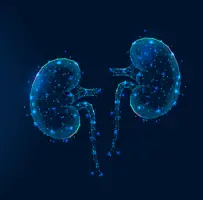
Last Update Date: 9/17/2025 2:03:19 PM
Nephrology is a medical specialty that deals with kidney diseases. Kidneys are vital organs that perform important functions such as cleaning waste from the body, regulating electrolyte balance, controlling fluid balance and managing blood pressure. Nephrologists focus on dysfunctions of the kidneys, diseases and other kidney-related problems.
Which Diseases Does Nephrology Treat
Nephrologists specialize in diseases related to the kidneys and affecting the kidneys.
These diseases can be quite diverse:
Kidney Failure: This is a condition in which the kidneys cannot perform their normal functions. Kidney failure can be acute or chronic. Nephrologists assess kidney function and provide management to patients with kidney failure.
Kidney Stones: These are solid particles that form in the kidneys. These stones can cause obstructions and pain in the urinary tract. Nephrologists diagnose kidney stones and recommend treatment methods.
Kidney Infections: Infections that affect the kidneys include conditions such as pyelonephritis. Nephrologists determine the cause of infections and provide appropriate antibiotic treatment.
Kidney Inflammation: Conditions of inflammation of the kidneys, such as glomerulonephritis, are in the study areas of nephrology. These conditions are usually associated with immune system problems or infections.
Diseases of the Renal Arteries: Conditions such as stenosis or blockage of the renal arteries can affect the blood flow to the kidneys. Nephrologists play a role in the diagnosis and management of renal artery diseases.
Kidney Damage Due to Hypertension: High blood pressure can damage the kidneys over time. Nephrologists assess and manage kidney damage due to hypertension.
Diabetic Nephropathy: Diabetes can cause kidney damage. Nephrologists monitor diabetic nephropathy and offer treatment options.
Electrolyte Balance Disorders: The kidneys regulate the fluid and electrolyte balance in the body. Nephrologists diagnose and treat electrolyte balance disorders.
Liv Hospital Nephrology Clinic
Problems such as hypertension, nephritis, chronic kidney disease, acute kidney failure, bleeding in the urine, protein loss in the urine and cystic kidney diseases are successfully monitored and treated using high-tech devices at the Liv Hospital Nephrology Clinic.
Specialists and experienced physicians
All important procedures and treatments in nephrology practice are performed at Liv Hospital Nephrology Clinic.
There are opportunities to create solutions to all kinds of problems of patients who have had a kidney transplant or are receiving continuous dialysis treatment.
In addition, temporary hemodialysis services are provided for chronic dialysis patients or patients requiring emergency dialysis for a period of 24 hours. Patients who need chronic dialysis and organ transplant are referred to the relevant centers after all kinds of preparations have been made.
Hemodialysis machines have the latest technology and patient-specific treatment is arranged. The catheters required for hemodialysis are inserted by specialist doctors in intensive care.
Kidney stones, tumors and urinary tract obstruction. Nephrology is a medical field that studies the functions and diseases of the kidney, performs its treatments, deals with dialysis and kidney transplant. Kidney failure, inflammation of the kidney (nephritis), polycystic kidney disease and high blood pressure are common diseases in nephrology. Kidney stones, kidney tumors and blockage of the urinary tract are in the study areas of urology. All kidney-related surgical procedures are performed by the urology clinic.

















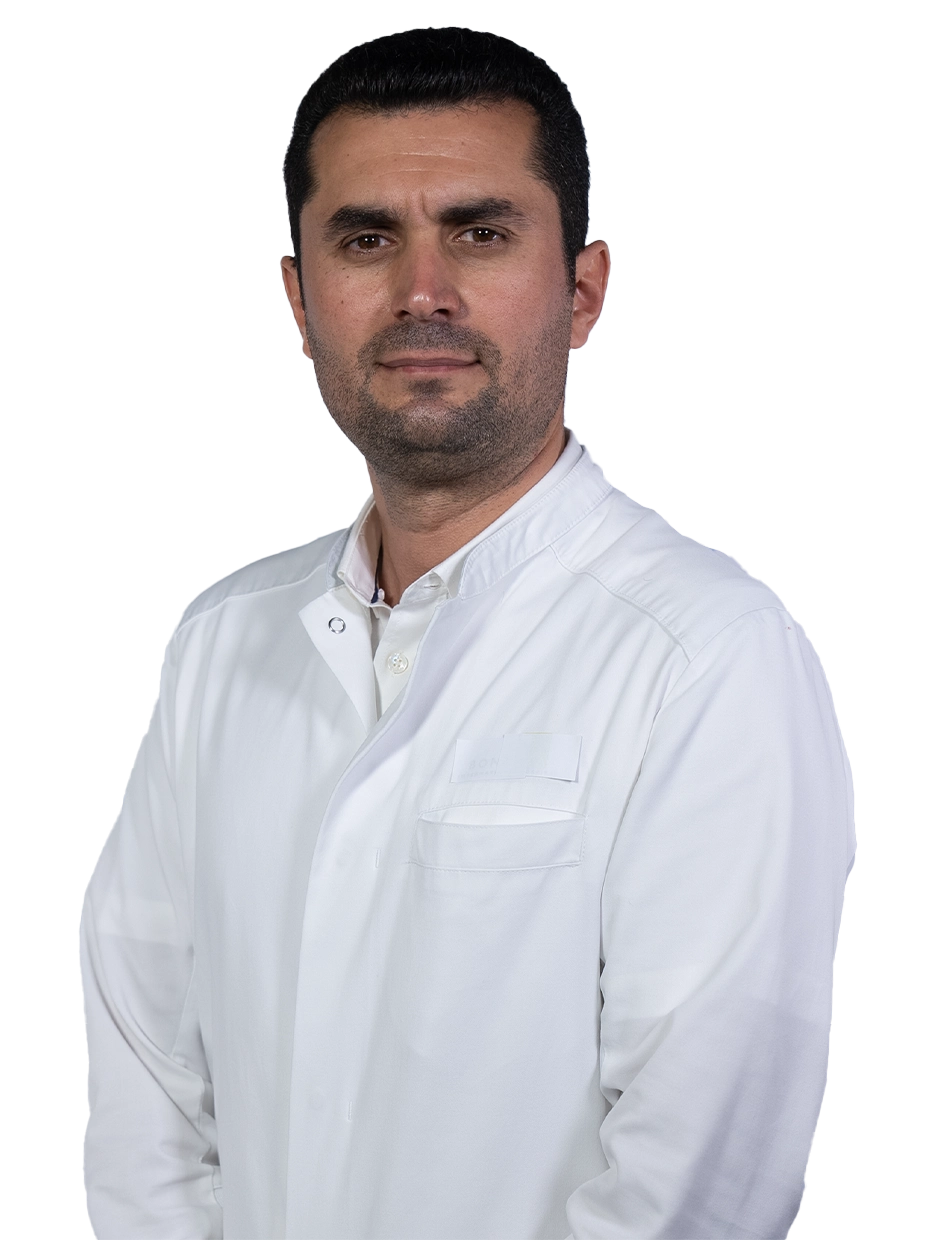

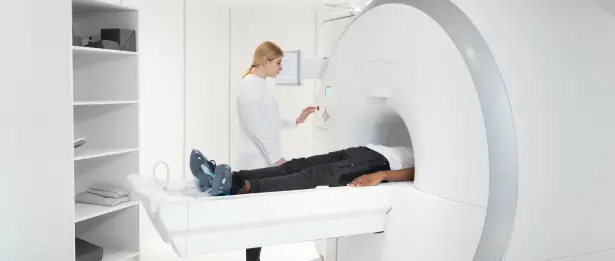



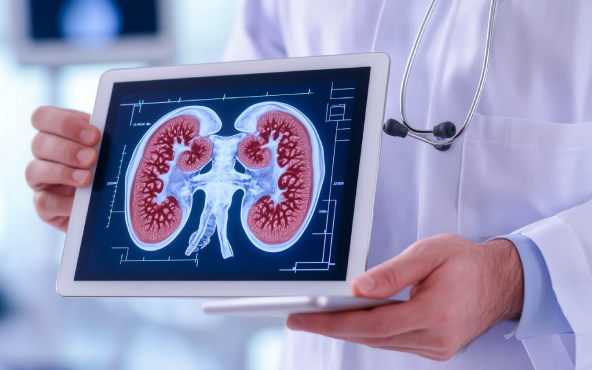
.webp)
.webp)
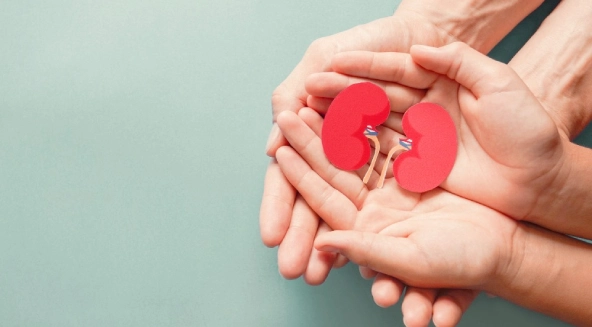
.png)


